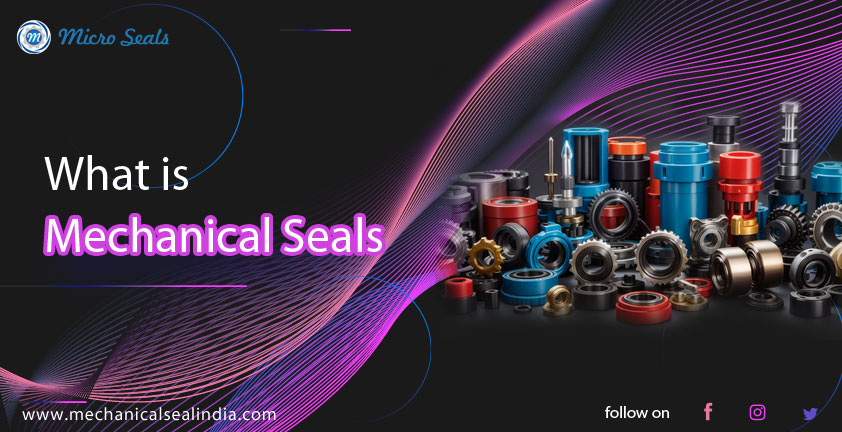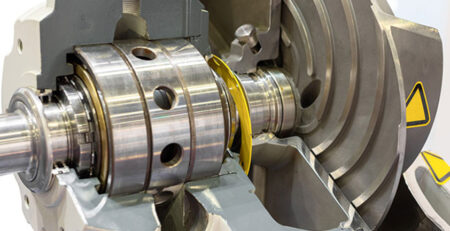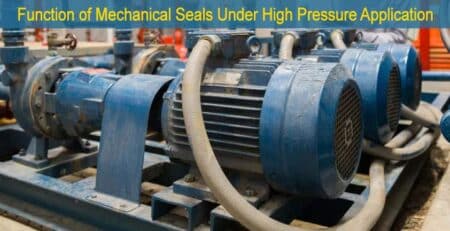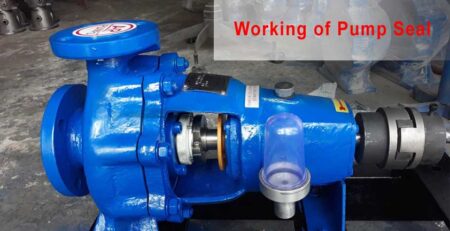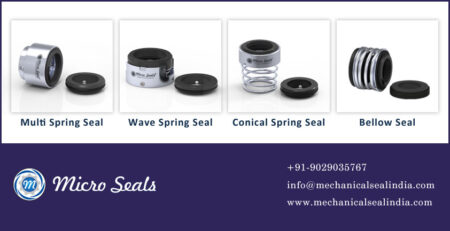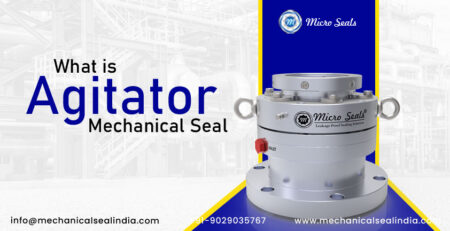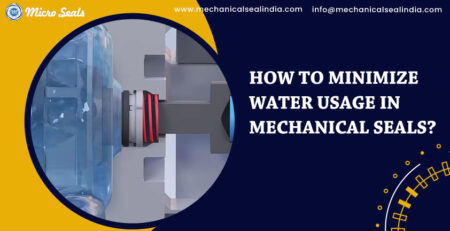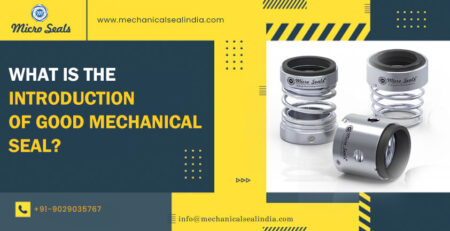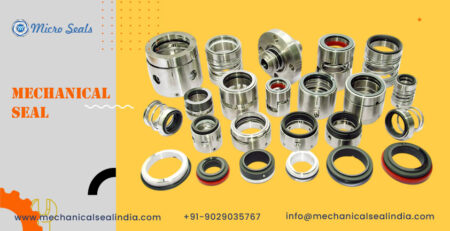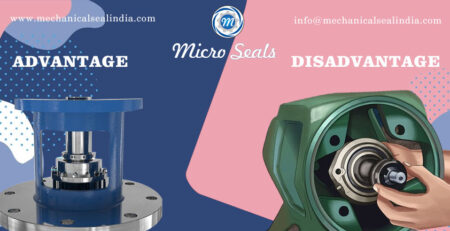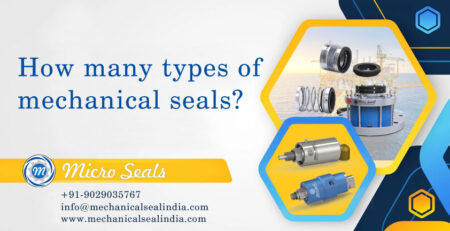Mechanical seals are crucial components in industrial machinery, providing effective solutions for sealing rotating equipment such as pumps, compressors, and mixers. In this article, we’ll explore what mechanical seals are, why they’re essential, and how they operate.
What is a Mechanical Seal?
A mechanical seal is a device that prevents leakage in rotating equipment by creating a seal between the rotating and stationary parts. These seals are essential in applications that require fluid retention and pressure containment, from oil refineries and chemical plants to water treatment facilities and HVAC systems. Mechanical seals help keep fluids and gases inside the system while preventing contaminants from entering, ensuring optimal equipment performance.
Why Are Mechanical Seals Important?
Mechanical seals are fundamental for maintaining the efficiency and safety of industrial processes. Here’s why they’re so valuable:
- Fluid Leak Avoidance: Through proper sealing of rotating machinery, mechanical seals stop fluid leaks that might interrupt processes or lead to ecological risks.
- System Integrity: They help maintain consistent system pressure, which is critical in applications where precise fluid control is required.
- Reduced Maintenance: Properly designed and installed mechanical seals can extend equipment lifespan, reducing maintenance costs and downtime.
How Does a Mechanical Seal Work?
The working principle of a mechanical seal is based on two flat surfaces, one stationary and one rotating, which press tightly together to form a barrier.
- Primary Sealing Surfaces: The seal consists of two surfaces – a stationary face and a rotating face – made of wear-resistant materials like carbon, ceramic, or tungsten carbide. These faces create the primary seal that prevents leaks.
- Lubrication: A thin film of fluid or gas lubricates the seal faces, reducing friction and wear. This lubrication is essential for maintaining the seal’s integrity over time.
- Springs and Bellows: Springs or bellows apply pressure to keep the seal faces together, ensuring a tight seal even under fluctuating pressures and temperatures.
Secondary Seals: O-rings, gaskets, or bellows serve as secondary seals, providing additional leak protection around the primary sealing area.
Types of Mechanical Seals
There are various types of mechanical seals, each suited for different applications and operating conditions:
- Pusher Seals: These seals use a spring-loaded pusher to maintain contact between the sealing faces, allowing them to handle higher pressures.
- Non-Pusher Seals: These seals rely on bellows to maintain seal contact and are ideal for systems with low-pressure requirements.
Cartridge Seals: Pre-assembled for easy installation, cartridge seals are popular for their simplicity and reliability.
Advantages and Disadvantages of Mechanical Seals
Advantages:
- Efficient Leak Prevention: Mechanical seals offer better leak prevention than conventional packing materials.
- Longer Lifespan: Properly maintained seals can last longer, reducing downtime and replacement costs.
- Reduced Friction and Wear: The lubricating film minimizes friction, which helps avoid overheating and wear.
Disadvantages:
- Initial Cost: Mechanical seals can be more expensive upfront compared to simpler sealing options.
Installation Sensitivity: They require precise installation to ensure optimal performance, which may require trained personnel.
Conclusion
Mechanical seals are crucial for preserving the performance and safety of machinery in various sectors. Understanding their operation, benefits, and types can help industries choose the right seal for their specific needs, minimizing risks of leaks and costly downtimes. By choosing the right mechanical seal and ensuring proper maintenance, industries can optimize equipment longevity and performance, supporting smooth and sustainable operations.
To Know More about mechanical seal supplier Read Our Blog Post on top mechanical seal supplier For More mechanical seal services Information, Check out our Mechanical Seals Repair Page.
Microseals Is ISO 9001:2015 Certified Company and Leading Mechanical Seals Manufacturer & Supplier In India, Providing Leakages Solutions To All Types Of Pump Applications By Manufacturing Mechanical Seals And Sealing Components As Per Customer’s Require, Samples or Need. To Know More About Mechanical Seal Call On +91 – 9029035767 Or Email At [email protected]

